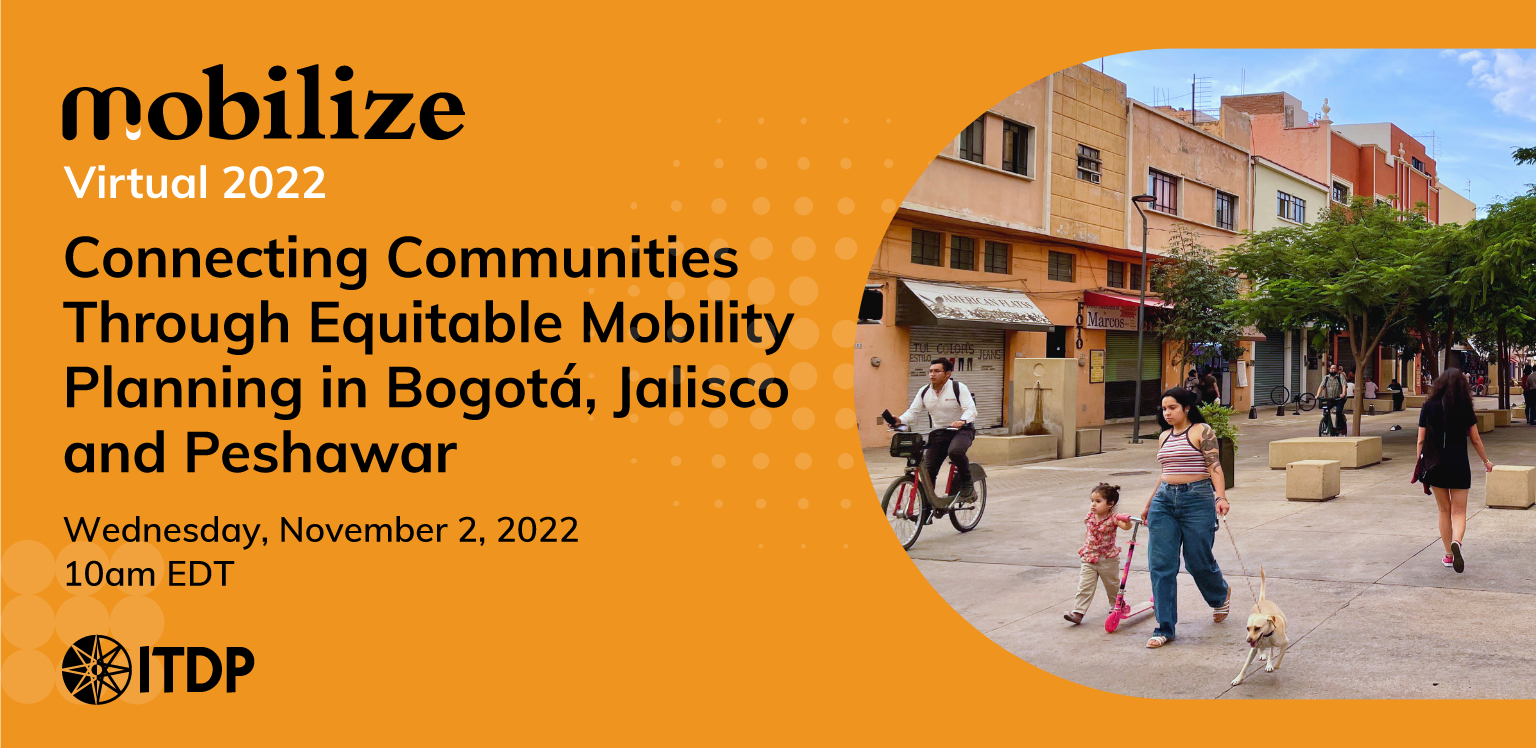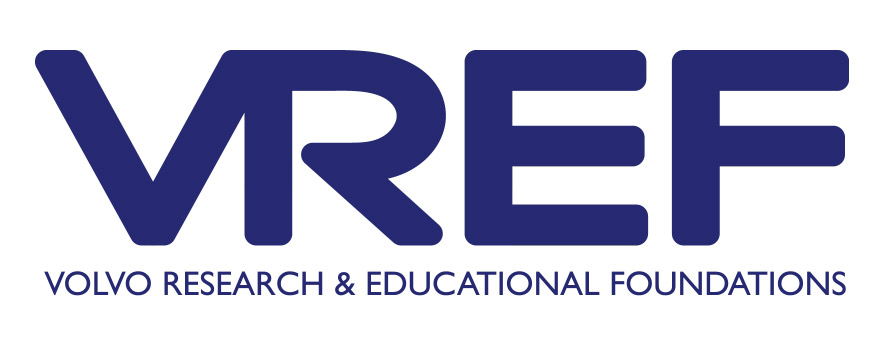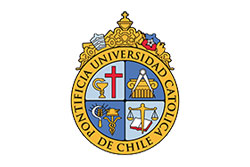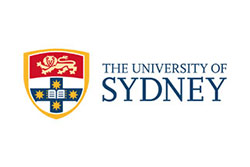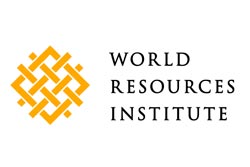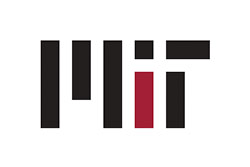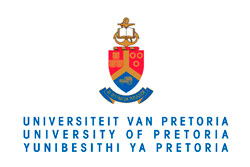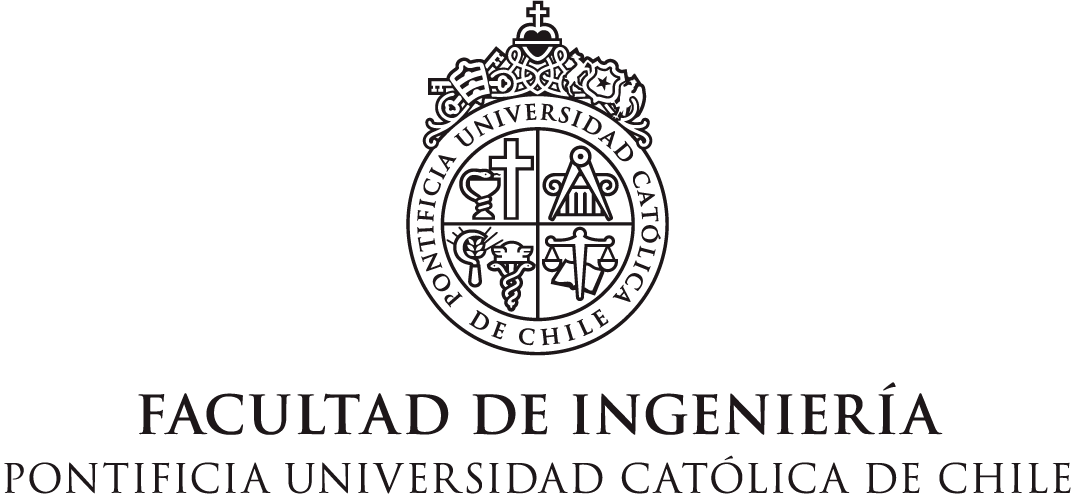The main objective of this project, led by our Director Juan Carlos Muñoz, is to develop a computational tool to estimate accurately the demand for mass public transport services, in order to support decision making on investment projects.
To achieve this main objective a methodology based on econometric models incorporating endogeneity was designed. The key variables (both exogenous and endogenous) explaining the behaviour of public transport system passengers consider: (i) elements related to service levels of the various alternative routes and modes; (ii) socioeconomic and demographic characteristics of individuals; (iii) variables associated with the topology of the network influences between travelers and levels of overcrowding inside the vehicle affecting the perceived quality of service, and (iv) latent variables.
The main two products developed as part of this project will be: (i) a computational tool for planning public transport systems (along with their respective user manual, installation and training for the end user) for tactical and strategic analysis of mass transit systems, mainly applicable to large and medium cities in size, and (ii) a web platform to provide updated information to passengers of the system so that they have more and better information when deciding their trip according to the attributes each respondent considers relevant.
The first product, defined as commercial software for mass transit network planning, can be installed in conventional PCs available on the market, using a standard operating system. This software tool will be complemented with a user manual, which not only contains the instructions for its proper use, but also incorporates the theoretical models underlying the invention and which mark the difference with alternative products currently available in the urban transport planning market.
The research and development stage of the project started in May 2012, and will last three years considering a total budget of 600 million pesos. The developing and research team is comprised by professionals from the Pontificia Universidad Católica de Chile and Universidad Diego Portales.
Watch the following video that explains the project (in Spanish)





